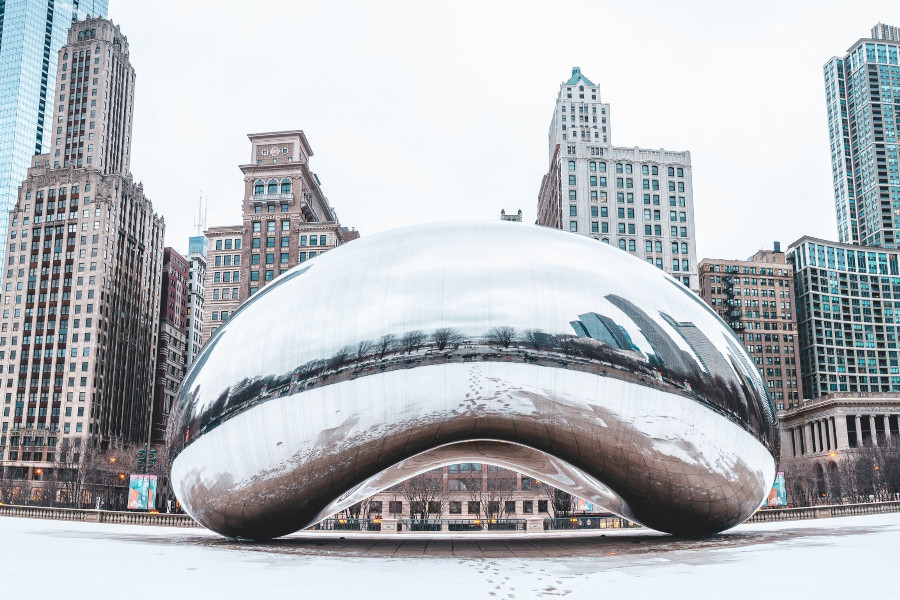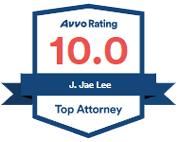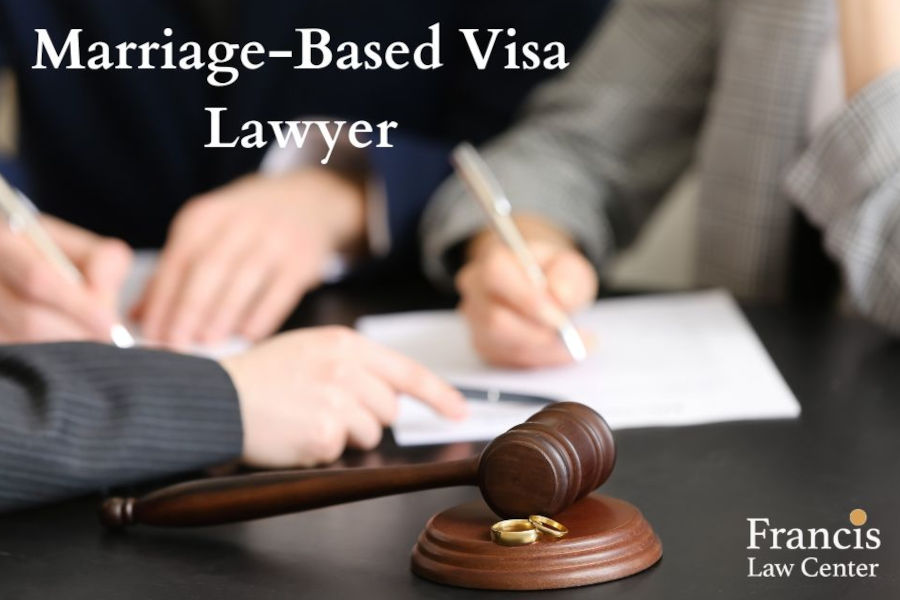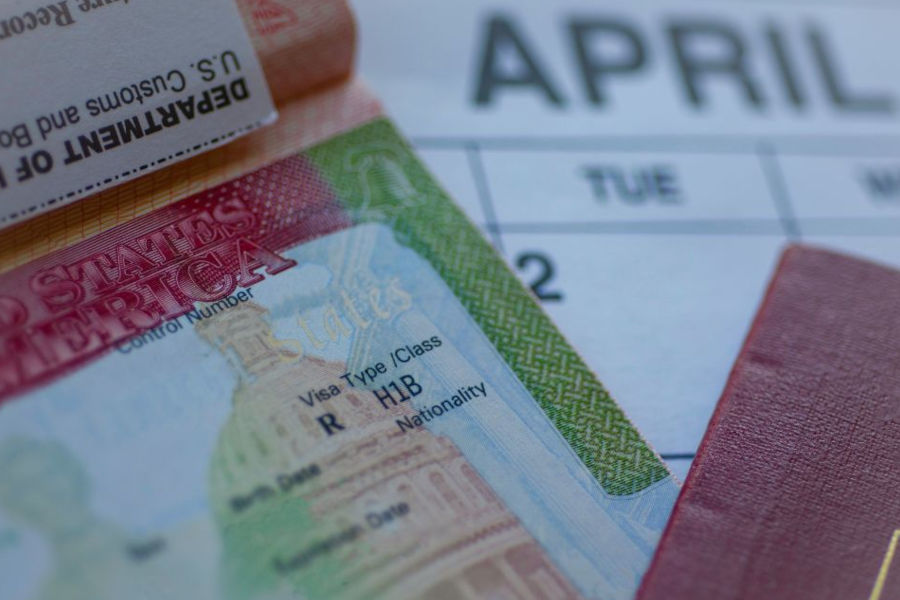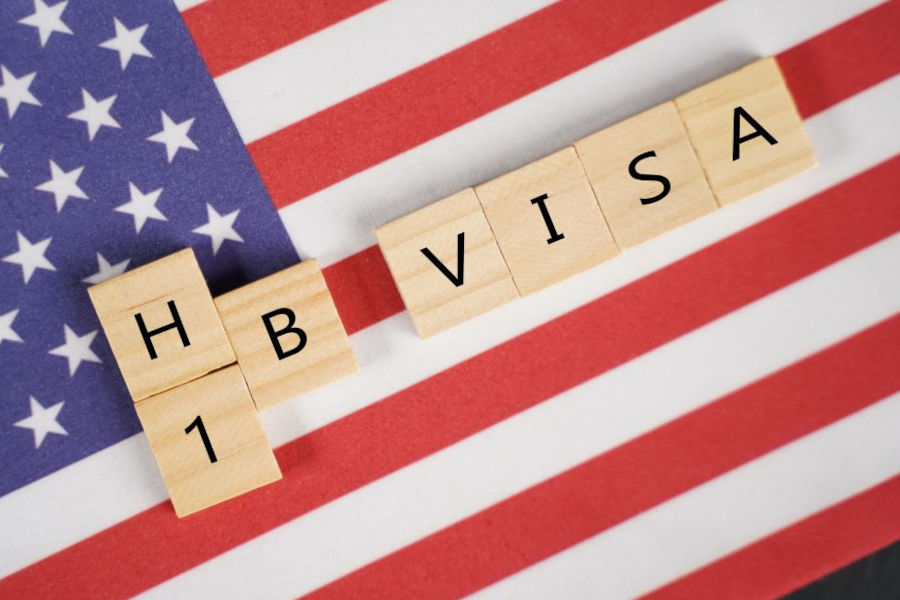This is a developing story and will be updated.
On April 22, President Trump signed Presidential Proclamation 10014, “Suspending Entry of Immigrants Who Present Risk to the U.S. Labor Market During the Economic Recovery Following the COVID-19 Outbreak.” It is based on the logic that high unemployment will persist if the labor supply exceeds the labor demand. The Proclamation bases its authority on sections 212(f) and 215(a) of the Immigration and Nationality Act. The proclamation is set to expire 60 days from its effective date, threatening an extension of the proclamation and an expansion to include nonimmigrant workers.
The anticipated new proclamation will likely be issued by the end of June, and President Trump could have been deciding on its scope and timing as early as June 11. It could expand on the original proclamation by also barring entry to the U.S. for H-1B, H-2B, L-1, and J-1 visas for a period that could last as long as 90 to 180 days. Possible exceptions could include the L-1A visa category—executives and managers—along with COVID-19 related workers, food supply related workers, and U.S. employers who conduct additional recruitment efforts.
An extension would also further enforce the restrictions already attached to the existing proclamation. As such, it would also restrict the entry of immigrants outside the United States, who do not have a valid immigrant visa and do not have a valid official travel document.
Additional subsequent regulations on H-1B, OPT, and H-4 could arrive as early as July. Possible regulations include:
- Issuing the “Strengthening the H-1B Nonimmigrant Visa Classification Program” regulation by adding a possible $20,000 or higher fee as well as focusing on employer-employee relations, specialty occupation definition, and wage levels;
- Rescinding the STEM OPT (Optional Practical Training) regulation, and adding requirements to the 12-month OPT program, the temporary employment related to an F-1 student’s major area of study;
- Rescinding the “H-4 Employment Authorization Rule,” which extends eligibility of employment authorization to certain H-4 dependent spouses of H-1B nonimmigrants; and
- Possibly rescinding employment authorization for those seeking asylum, Temporary Protected Status (TPS), and refugees.
The president recently also used a Presidential Proclamation to institute a ban of certain nonimmigrant visa holders from the People’s Republic of China (PRC), which took effect on June 1, and similarly based its authority on INA sections 212(f) and 215(a). It applies to graduate level and higher students and researchers from the PRC, and blocked them from using F and J visas to enter the U.S. Notably, it does not apply to undergraduate students. Additionally, it is intended to restrict the PRC’s “military-civil fusion strategy,” which the proclamation defines as “a wide-ranging and heavily resourced campaign to acquire sensitive United States technologies and intellectual property, in part to bolster the modernization and capability of its military.”
Currently, business groups and executives are reaching out to key policymakers and officials to emphasize the harm that an expansion of proclamation 10014 could have on economic recovery.
If you will be affected by this proclamation, please contact an immigration attorney to figure out what to do next. This information is intended to educate and should not be taken as legal advice.
Written by Francis Law Center Christian Monzon

